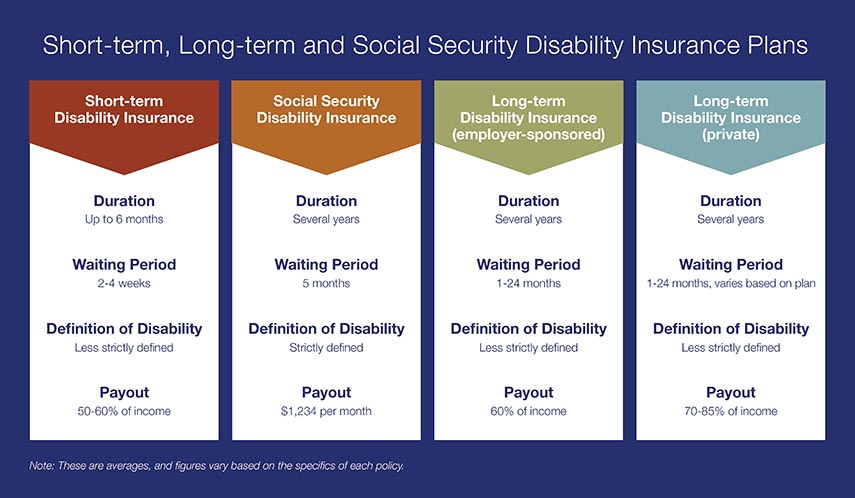
Hospitals face cybersecurity risks in surprising new ways

How to improve your business network security

Consolidating payments for healthcare systems

Standardizing healthcare payments

3 benefits of integrated payments in healthcare

How COVID-19 is transforming healthcare payments

Top 3 ways digital payments can transform the patient experience

How AR technology is helping advance payment processing at Avera Health

5 steps to take before transitioning your business

Make your business legit

How to test new business ideas

Costs to consider when starting a business

How to expand your business: Does a new location make sense?

6 common financial mistakes made by dentists (and how to avoid them)

How to choose the right business savings account

Does your side business need a separate bank account?

5 financial goals for the new year

Year-end financial checklist

How to manage your money: 6 steps to take

Key components of a financial plan

Should rising interest rates change your financial priorities?

Good money habits: 6 common money mistakes to avoid

7 beneficiary designation mistakes to avoid

Reviewing your beneficiaries: A 5-step guide

How to talk about money with your family

Financial steps to take after the death of a spouse

Retirement expectations quiz

Retirement quiz: How ready are you?

Social Security benefits questions and answers

4 tips to help you save for retirement in your 20s

How to build wealth at any age

Retirement income planning: 4 steps to take

5 unexpected retirement expenses

How to retire happy

Retirement planning in the gig economy

Key milestone ages as you near and start retirement

IRA vs. 401(k): What's the difference?

Retirement planning strategies for dual-income families

Healthcare costs in retirement: Are you prepared?

Comparing term vs. permanent life insurance

What kind of life insurance is right for me?

Preparing for retirement: 8 steps to take

LGBTQ+ retirement planning: What you need to know

The connection between your health and financial well-being

7 things to know about long-term care insurance

8 steps to choosing a health insurance plan

Is a Health Savings Account missing from your retirement plan?

3 types of insurance you shouldn’t ignore

What is Medicare? Understanding your coverage options

Is your employer long term disability insurance enough?

How much life insurance do I need?

Working after retirement: Factors to consider

A guide to tax diversification and investing

What Is a 401(k)?

Do your investments match your financial goals?

Saving vs. investing: What's the difference?

3 steps to prepare for a medical emergency

Tips for navigating a medical hardship when you’re unable to work

How to Adult: 5 ways to track your spending

How to plan and save for adoption and in vitro fertility treatment costs

What documents do you need after a loved one dies?

Rebuilding finances after a natural disaster

Resources for managing financial matters after an unexpected death

How to gain financial independence from your parents

How to save money in college: easy ways to spend less

5 things to know before accepting a first job offer

Annual insurance review checklist

Recognize. React. Report. Caregivers can help protect against financial exploitation

How you can prevent identity theft

Webinar: U.S. Bank asks: Are you safe from fraud?

3 financial tools to help automate your finances

6 pandemic money habits to keep for the long term

5 things to consider when deciding to take an unplanned trip

Planning self-care moments that matter (and how to finance them)

Working with an accountability partner can help you reach your goals

Webinar: 5 myths about emergency funds

How to decide when to shop local and when to shop online

Growing your savings by going on a ‘money hunt’

Webinar: Smart habits and behaviors to achieve financial wellness

A who’s who at your local bank

Your 4-step guide to financial planning

5 myths about emergency funds

How to stay financially focused in the face of economic uncertainty

How I did it: Learned to budget as a single mom

What military service taught me about money management

Does your savings plan match your lifestyle?

Webinar: Uncover the cost: Wedding

Webinar: Uncover the cost: International trip

Adulting 101: How to make a budget plan

How having savings gives you peace of mind

Allowance basics for parents and kids

Are savings bonds still a thing?

Tips to overcome three common savings hurdles

Helpful tips for safe and smart charitable giving

Webinar: Mindset Matters: How to practice mindful spending

You can take these 18 budgeting tips straight to the bank

How to manage money in the military: A veteran weighs in

Do you and your fiancé have compatible financial goals?

3 tips for saving money easily

How to best handle unexpected expenses

Common unexpected expenses and three ways to pay for them

Which is better: Combining bank accounts before marriage — or after?

9 simple ways to save

How to save for a wedding

It's possible: 7 tips for breaking the spending cycle

Here’s how to create a budget for yourself

Multiple accounts can make it easier to follow a monthly budget

7 steps: How couples and single parents can prepare for child care costs

Checking and savings smarts: Make your accounts work harder for you

Tips for working in the gig economy

How compound interest works

5 tips for parents opening a bank account for kids

Myths vs. facts about savings account interest rates

Tips to raise financially healthy kids at every age

Money management guide to financial independence

Money Moments: 8 dos and don’ts for saving money in your 30s

Money Moments: 3 smart financial strategies when caring for aging parents

7 financial questions to consider when changing jobs

First-timer’s guide to savings account alternatives

What’s in your emergency fund?

Travel for less: Smart (not cheap) ways to spend less on your next trip

Certificates of deposit: How they work to grow your money

What I learned from my mom about money

Practical money tips we've learned from our dads

How to cut mindless spending: real tips from real people

6 ways to spring clean your finances and save money year-round

Dear Money Mentor: How do I pick a savings or checking account?

What financial advice would you give your younger self?

Bank from home with these digital features

Understanding guardianship and power of attorney in banking

Building a financial legacy for your family and community

How to increase your savings

Your financial aid guide: What are your options?

How to apply for federal student aid through the FAFSA

How to use your unexpected windfall to reach financial goals

Saving for a down payment: Where should I keep my money?

How I did it: Bought a home without a 20 percent down payment

Home buying myths: Realities of owning a home

The lowdown on 6 myths about buying a home

Beyond the mortgage: Other costs for homeowners



